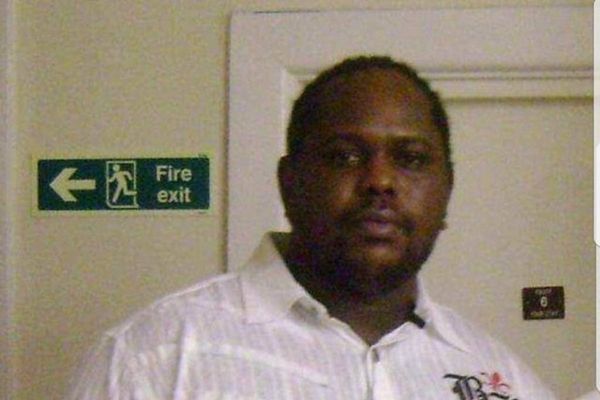As house prices continue to rise and the cost of living increases, getting on the property ladder can seem almost impossible.
Whilst people are struggling to pay their increasing bills and racking up debts, securing a mortgage can often appear to be an even greater challenge for those with bad credit.
When applying for a mortgage, your credit score is looked at and assessed to help consider whether or not you can pay your lender back.
READ MORE:
But although your credit history can affect the success of your mortgage application, Manchester-based mortgage advisors have said that it is not the be-all and end-all to getting a house.
Jamie Thompson, a mortgage broker situated in Openshaw, specialises in helping first-time buyers get onto the property market.
He says that his first piece of advice would be to have a large deposit.
"A larger deposit usually helps as the bank sees you as less risky the more equity you have in the property," Jamie explains.
"No two banks have the same rules either. Some have very black and while rules such as no defaults or CCJs in the last 6 years. Some have no specific criteria and assess each application on a case by case basis.
"A bigger deposit is always better when it comes to improving the chances of getting a mortgage if you’ve had some bad credit. Some lenders even take the property type into account. Some can be more lenient on a house than a flat of the same value with the same size mortgage."
But he also says that it is still possible to secure a mortgage without a huge deposit.
"Recently I’ve had two couples who had just a 5% deposit receive mortgage offers, both of which had CCJs for unpaid parking fines that they hadn’t known about before they started trying to get a mortgage," Jamie says.
"Other common tips are to make sure you are on the electoral roll, understand why you have bad credit in the first place and check that it is improving over time. The best tip is to not assume that just because one bank or building society turned you down that they all will. Their requirements vary hugely and even I am surprised sometimes at some of the things they will allow."
Rob Peters, principal of Simple Fast Mortgages based in Altrincham also says that it's important to try different mortgage lenders.
"Most high street mortgage lenders won't accept applicants with adverse credit. However, some mortgage lenders are more flexible than others, particularly if the past credit blips were minor, or a long time ago, so it is worth checking if you get a standard mortgage first," Rob advised.
READ MORE:
READ MORE:
He also says that to get the best chance of securing a mortgage, you should reassess your monthly budgets.
"Advisors should complete a budget planning exercise with all clients who are taking a regulated mortgage contract, to make sure the new mortgage is both affordable and sustainable," he said.
"However, it's a valid practice to do this yourself before speaking with an advisor so you are aware of your incomings and outgoings. The monthly mortgage payments will be higher with a bad credit mortgage when compared to a high street mortgage as a higher interest rate will apply to the mortgage loan."
Improving your credit score is also much easier than people may think.
"There are a number of steps that potential house buyers can take in order to improve their credit score," Rob says.
"The first step is awareness; obtain a credit report; many providers offer a free online trial to assist. Pay off any outstanding defaults, or CCJs. Check you are not financially associated with an ex-partner. Sensible use of a credit card which is repaid each month can improve your credit score."
Read more tips about money-saving here.
You can read the latest property news here.
Enter your email address below to subscribe to our At Home property newsletter .







